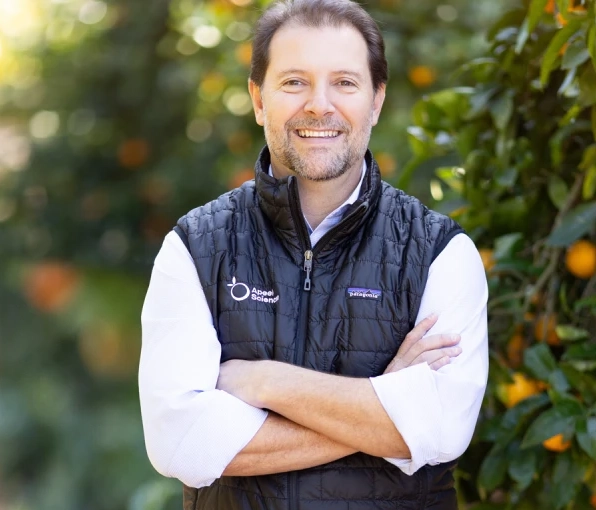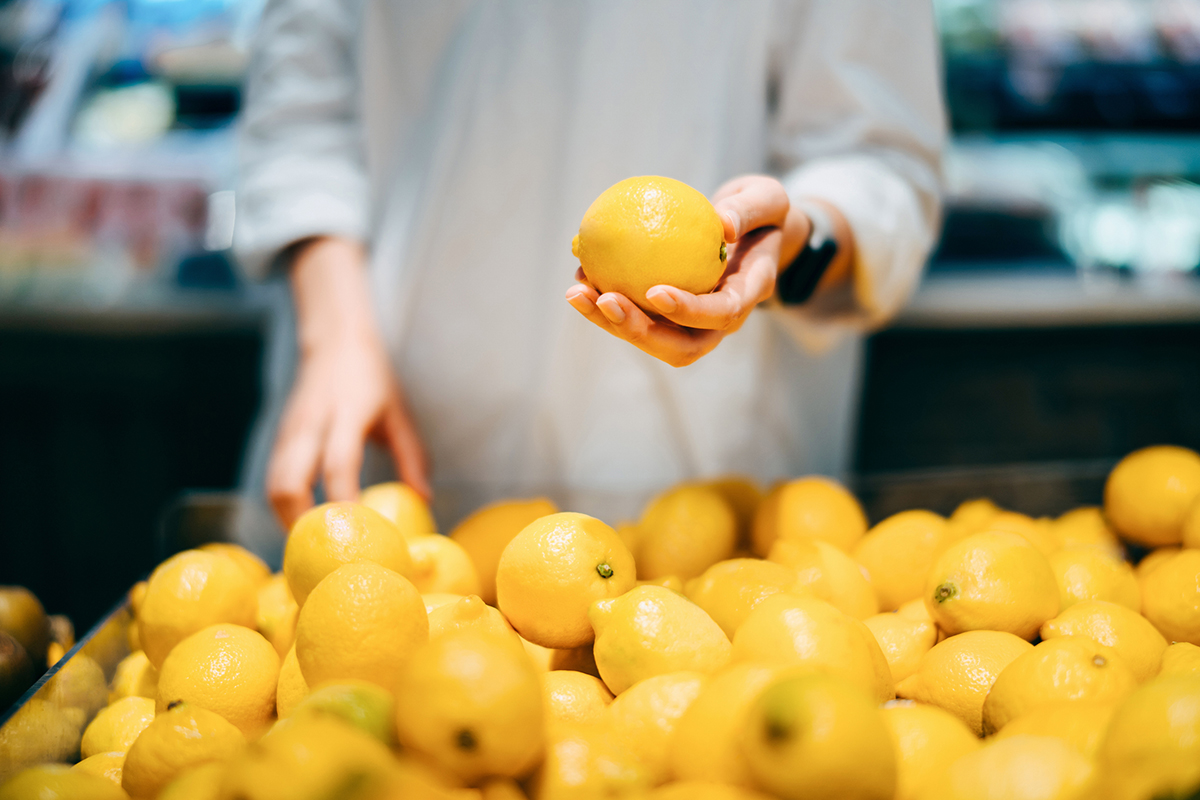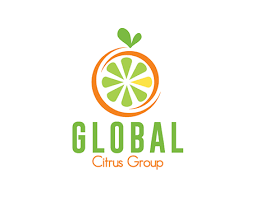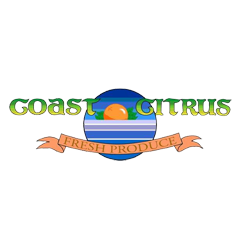Food technology company Apeel Sciences says it's been under attack since 2023 by a widespread disinformation campaign aimed against the company and its primary technology — a plant based, edible coating that extends freshness and reduces spoilage of produce. On Sept. 3, the Goleta, Calif.-based company said it had filed a lawsuit in the U.S. District Court for the Middle District of Florida against one of those alleged disseminators of disinformation: wellness influencer Robyn Openshaw and her company, GreenSmoothieGirl.com Inc.
In the lawsuit, Apeel accuses Openshaw and her company of waging a yearslong disinformation campaign intended to harm Apeel's business and reputation.
Apeel says the lawsuit asserts claims for false advertising under the Lanham Act; defamation; trade libel; disparagement of perishable agricultural products; tortious interference with business relationships; and unfair and deceptive trade practices.
According to the complaint, Openshaw — known online as the “Green Smoothie Girl” — began posting false claims about Apeel in July 2023. Between then and May 2025, she published at least 60 posts across Instagram, YouTube, X, Rumble, her own website and elsewhere online falsely stating Apeel's plant-based coating is toxic and that Apeel's products are made with solvents and heavy metals, the company said in a news release.

“Beginning in 2023, a coordinated disinformation campaign weaponized countless falsehoods to undermine the verified safety of Apeel's products, stifle innovation, and profit from deception,” Apeel Sciences CEO Luiz Beling told The Packer in an email. “But bad actors cannot act maliciously without accountability. We have therefore taken legal action to protect our reputation, our products, and the countless Apeel teammates who work each day to make the world a better place.”
Among the “malicious” actions alleged in the lawsuit are that Openshaw used false claims to rally her “Green Smoothie Girl Army” of followers to boycott Apeel, urging them to pressure retailers such as Costco, suppliers such as Limoneira and Driscoll's, and others to abandon Apeel-protected produce.
Apeel says she also published the personal contact information of executives at grocery chains, encouraged phone, email and in-store campaigns, and sold a downloadable “wallet card” listing stores that did not sell Apeel-treated produce.
In some posts, Openshaw falsely claimed Apeel used a chemical found in “gasoline” in its process, and in others, she said the company's products contained “palladium, arsenic, lead, cadmium and mercury,” the release said.
The complaint says Openshaw's statements misrepresented FDA filings and omitted facts showing Apeel's commercial process has never used the solvents Openshaw described.
Apeel says, in fact, its primary technology is a plant-based, edible coating that extends the freshness of produce without the need for refrigeration or synthetic preservatives. It is tasteless, odorless and made from naturally occurring ingredients such as mono- and diglycerides, baking soda and citric acid. These coatings mimic a fruit's natural peel to slow spoilage, reduce food waste and lower grocery costs. The company adds that its products are approved by regulators in the U.S., the European Union and dozens of other markets worldwide.
‘Freedom of Speech' vs. ‘Freedom to Defame'
Apeel's legal representation says the implications of the disinformation campaign are far reaching and financially harmful.
“Apeel has been the victim of a deliberate smear campaign that weaponized disinformation for financial gain,” Thomas A. Clare, one of the founding partners of Clare Locke LLP, which represents Apeel, said in a release. “These falsehoods were not just defamatory. They misled consumers and caused real financial harm to Apeel, its employees and its partners.
“Free speech does not mean freedom to defame,” Clare continued. “This lawsuit is about accountability, and ensuring disinformation cannot be used to destabilize safe and needed innovation and mislead the public.”
Social Media Disinformation
The lawsuit follows actress Michelle Pfeiffer's July 31, 2025, retraction of inaccurate social media claims about Apeel and its connection to Bill Gates. Pfeiffer acknowledged reposting false information and emphasized the importance of accuracy in public conversations about food safety.
Apeel says the case is part of a larger disinformation campaign that began in April 2023, when dozens of coordinated posts spread across Facebook, X and Telegram warned consumers not to “eat anything with the Apeel sticker on it.” Those posts falsely linked to a safety sheet for an unrelated industrial cleaner manufactured by a wholly different company based in the United Kingdom, presenting it as if it described Apeel's products.
The complaint states that Openshaw amplified those narratives to her hundreds of thousands of followers, repeating them at least 60 times and intentionally mischaracterizing Apeel's FDA submissions. Independent fact checks by Reuters, the Associated Press, USA Today and Politifact later confirmed the claims were false and that Apeel's products are safe and FDA-approved.
Despite this, Apeel said Openshaw and other influencers continued to drive the false narrative, creating consumer fear, harassment of retail partners and disruption of the company's business.
“Our hope is for an amicable resolution in litigation we pursue, including a retraction of false posts to set the record straight,” Beling told The Packer. “Apeel Sciences will continue to vigorously protect its name, its mission, and the trust of consumers everywhere.”
For more information about Apeel's products, ingredient safety and global mission, visit its FAQ or read company leadership's open letter on disinformation here.
Your next read:



















